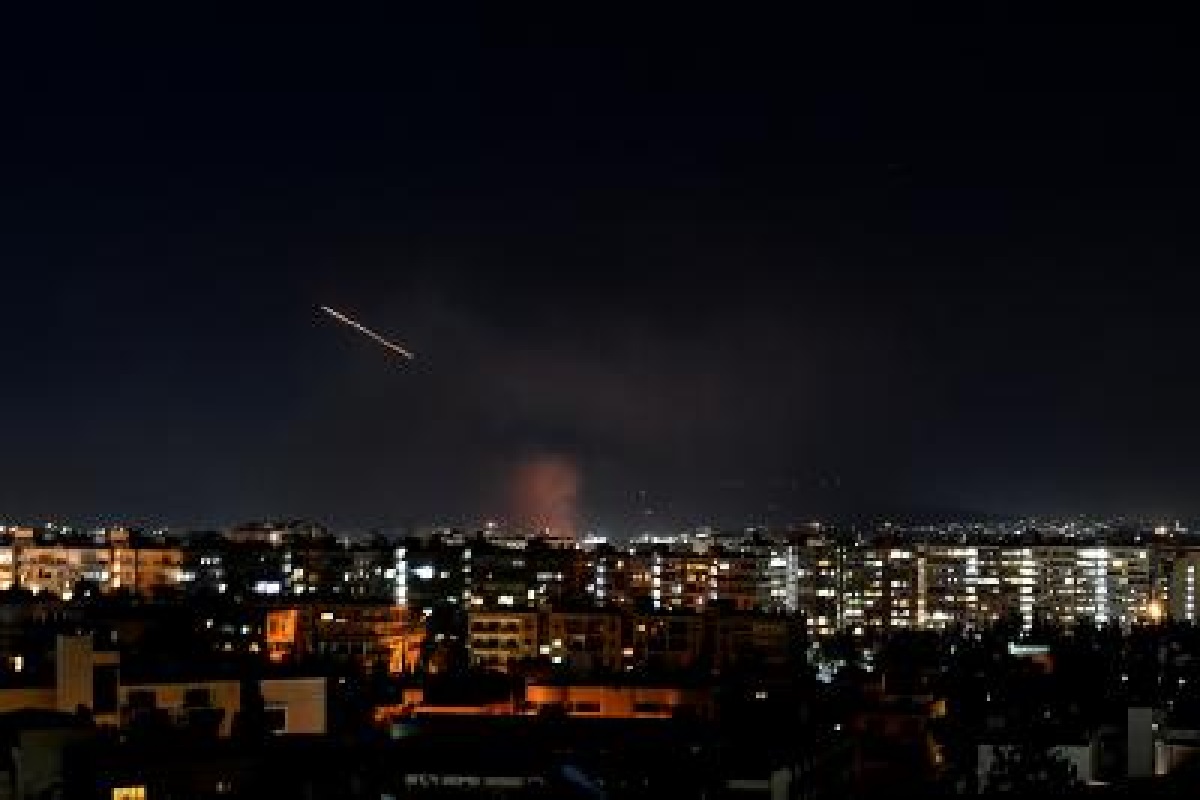A year has gone by since the dastardly Hamas attack on Israel that ignited the ongoing war, leaving not only the region but the world in turmoil. This anniversary on Monday was more than a day of remembrance for the lives lost; it serves as a stark reminder of how the conflict has escalated into one of the most volatile situations in West Asia in decades. What began as a surprise attack on Israeli communities near Gaza has now drawn in regional powers, fueling fears of a broader war with lasting consequences.
The initial Hamas attack a year ago, described as one of the most severe security failures in Israel’s history, shocked a nation known for its military strength. Civilians, including women, children, and the elderly, were killed in their homes, on roads, and at public gatherings, triggering an intense Israeli response. Over the past year, Israel has relentlessly pursued its military campaign to dismantle Hamas and reclaim hostages, but the war has spread beyond Gaza, particularly to the northern border with Lebanon. The hostages remain in Hamas’ captivity, amid growing concerns for their well-being. The conflict is now not only about Hamas but also about Hezbollah and its backers, namely Iran. The displacement of millions in both Gaza and southern Lebanon underscores the human cost of this conflict.
Advertisement
In Gaza, the ongoing military operations have devastated the already fragile enclave, displacing most of the population. While Israel continues its ground offensives, the humanitarian crisis in Gaza persists, and the region has become a powder keg. As civilians flee their homes, it is crucial to acknowledge the immense suffering on both sides of the border. The death toll, already staggering, rises daily, deepening divisions and fueling resentment that will take generations to heal. The northward shift in the conflict, with Hezbollah’s growing involvement, adds another layer of complexity. The exchange of fire between Israeli forces and Hezbollah, which started as limited engagements, has now escalated into large-scale bombardments.
Israeli strikes in Lebanon, coupled with Hezbollah’s missile launches, signal that this war is far from being confined to Gaza. Moreover, Iran’s involvement through missile attacks raises the spectre of a regional conflict with potentially catastrophic consequences. As tensions mount, the threat of an all-out war between Israel and Iran looms large. The global response to this war has been divided, with many nations calling for peace while others issue statements of support for one side or the other. Demonstrations against Israel’s offensive in Gaza are expected worldwide, highlighting the growing dissatisfaction with the humanitarian toll of this conflict. Yet, amid the global outcry, there remains little indication that peace will be achieved anytime soon. Both sides are entrenched, and diplomatic efforts to broker a ceasefire have failed to yield tangible results. As we reflect on the first anniversary of this tragic event, the question of how the situation will unfold remains uncertain. What is clear, however, is that there are no easy solutions in sight.









